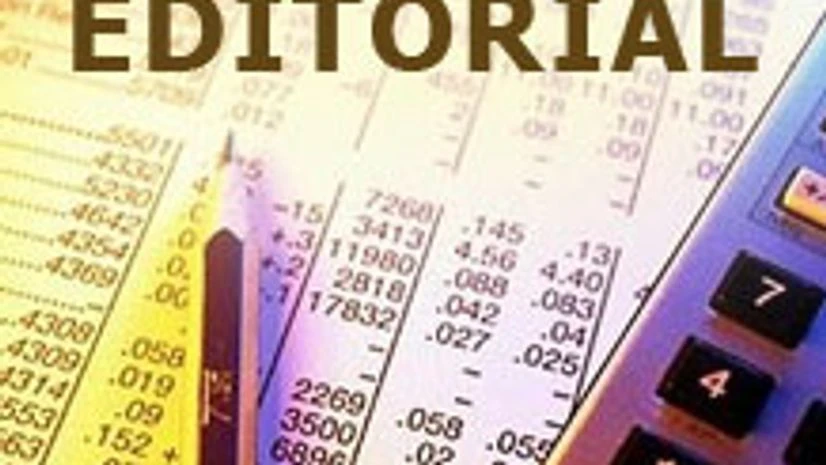Former West Bengal finance Minister Ashok Mitra has described the Economic & Political Weekly as The Economist of emerging countries. “EPW has at least the imprimatur of respectability; it is supposed to be the leading social science journal coming out of Asia; it is, some say, The Economist of the emerging countries,” Mitra wrote.
It was this limited circulation that Ram Manohar Reddy wanted to change when he took charge of the Mumbai-based weekly in 2004. After a little over a decade as editor, Reddy is leaving, for “personal reasons.” “A decade and more is a long time for anyone to head a journal and all publications do need to renew themselves,” said Reddy in a mail.
The grapevine has it that the relationship between Sameeksha Trust, the non-profit body overseeing the affairs of the venerable journal, and Reddy became uneasy after the latter decided to mark the magazine’s 50th anniversary in a grand way. “Reddy wanted to showcase the journal’s history, he wanted to make a documentary film on it, there were some differences over it but that was not the reason for his resignation. The trust had started a search for his successor in August,” said Aniket Alam, executive editor.
More From This Section
Academicians and colleagues of Reddy this newspaper spoke to were unanimous that his greatest contribution to the magazine was continuing the legacy of a high standard and yet adapt to change. “He increased the diverse nature of articles that the journal offers, which interests readers not only from India but across the world,” said Alam, who’d also worked under Reddy at The Hindu.
"Reddy was an outstanding editor. Himself a doctorate in economics and a journalist, he had a wide range of contacts, thus allowing him to continue the high quality of the magazine. Though the editorials always took a left-of-centre view, the reportage from different parts of the country remains excellent," said Ramachandra Guha, eminent historian and a regular contributor for EPW.
In 2008, the magazine moved to a new office at lower Parel after operating out of rented premises in central Mumbai for a little over 40 years. Reddy even wanted to bring in an external marketing agency to increase circulation.
Succeeding Reddy will not be an easy task, feels Guha. "The board has to look for someone intellectually capable and who also understands the changed terrain of publishing. Otherwise, we have Outlook without Vinod Mehta as an example," he said.

)
